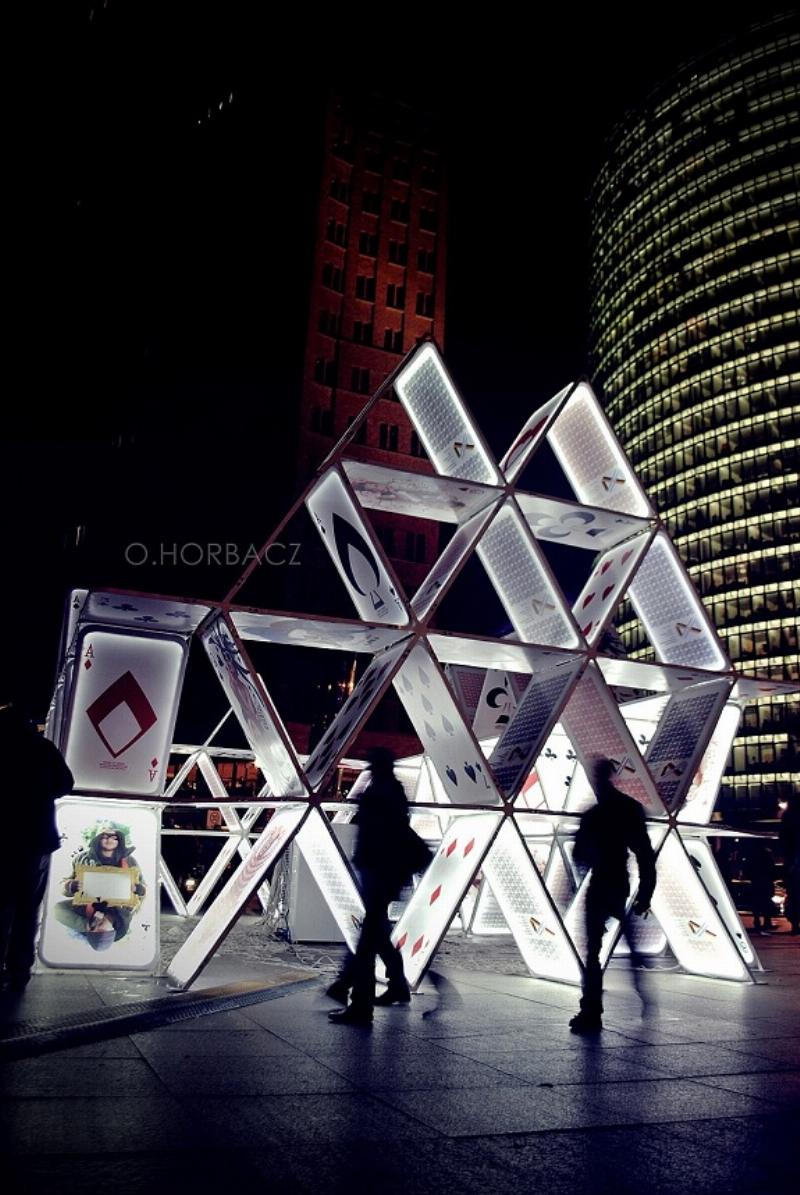


Political centralism doesn’t come free of charge. On the path toward the United States of Europe, Brussels is entangling itself in a web of overreach, control mania, and interventionism. The invoice for this arrogance is being handed down to the outposts of Eurocracy.
Celebration in Berlin. German Chancellor Friedrich Merz proudly presented what he called a comeback for Germany’s depression-plagued economy this Monday. Under the deeply original (read: painfully clichéd) slogan “Made for Germany,” 60 of the country’s top corporations showcased their already planned investments as a kind of aggregated act of economic liberation. “Germany is back,” Merz posted on X -- grandiose, juvenile, and more cringe-inducing than inspiring.
Germany is bleeding out
The reality of the German economy paints a different picture. The labor market has already tipped into decline, with more than 100,000 industrial jobs set to be eliminated this year. A record wave of bankruptcies and a dramatic capital flight round out the portrait of an economic policy in freefall.
How far Merz’s corporate pep rally strays from the economic facts is made clear by the country’s net direct investment figures: In 2024, Germany saw €64.5 billion in net capital leave the country. In 2023, it was €67.3 billion; in 2022, a staggering €112.2 billion.
Germany is bleeding. And the real scandal is this: the country’s political leadership and, for practical purposes, let’s call them its “economic elite,” refuse to speak about the true causes of this collapse.
A summit truly “Made for Germany” would call for an exit from the suicidal green policy agenda. It would advocate a drastic reduction in bureaucracy and regulatory coercion, a return to affordable Russian gas, and the revival of nuclear power -- the pillars of any serious industrial policy.
Contrast this PR stunt with the hard numbers, and it becomes obvious why the event faded into oblivion -- uninspired, flat, and quickly archived as another placebo moment of postmodern politics.
The Brussels Bill
Merz, for his part, was likely already preoccupied with another headache. While he toasted in Berlin, half of Europe was reacting to the ballooning budget proposal by his party colleague, EU Commission President Ursula von der Leyen. She had just introduced her draft for the EU’s Multiannual Financial Framework (MFF) for 2028 to 2034: a whopping €1.82 trillion.
No one can accuse Brussels of lacking ambition. €100 billion is earmarked to keep the proxy war in Ukraine afloat, while another €650 billion is slated for the EU’s green subsidy machine -- a lifeline for its artificial eco-economy. The proposed budget would increase by €750 billion, or nearly 50%.
Unlike China’s five-year plans, the EU dreams in seven-year cycles. A true central planner’s paradise.
If enacted, this mega-budget would trigger a massive increase in member-state contributions -- with Germany, as usual, stuck with the lion’s share. Based on its economic size, Germany would be expected to contribute around 25% of the total, or approximately €450 billion.
For comparison: Germany currently pays around €30 billion annually into the EU budget and receives €14 billion in return -- a net loss of €16 billion per year. Under the new framework, Berlin’s net contribution could rise to as much as €50 billion per year -- more than triple today’s level.
The Spiral of Debt Accelerates
Cynics might argue that Germany could absorb the extra debt without much fuss. After all, Berlin is planning to borrow €90 billion next year anyway -- what’s another €26 billion? Relative to GDP, it’s just a 0.6% bump in spending. A small price to pay for stabilizing Europe’s central authority. In the lingo of German politics: a “Democracy Tax.”
And since no one in Brussels or Berlin seems to care about the Maastricht debt rules anymore, the path is clear for another round of debt-financed Euro-socialism.
Merz, together with von der Leyen and French President Emmanuel Macron, is united in the belief that consolidating power within Brussels is the only way to keep Europe geopolitically relevant.
Merz is increasingly revealing himself as a committed central planner. With him, there will be no market-based reset -- no return to constitutional economics.
The End of the Veto Right
The German government’s current budget plan shows that Berlin is on board. The crisis will be “managed” through massive borrowing and state-directed investment of fictitious capital.
To resolve Brussels’ budget dilemma, we can expect a two-pronged solution: new EU taxes and increased national contributions.
I’ll go ahead and predict what’s coming: in the next few months, we will see a coordinated push to eliminate the veto rights of individual EU member states in budget negotiations.
Let Viktor Orbán stomp his feet in Budapest all he wants -- the advance of European-style socialism won’t be stopped by ox or donkey. One imagines CDU members quietly humming the Internationale under their breath.
Once that veto hurdle is cleared, national debts could be pooled under the umbrella of the EU Commission, monetized via the European Central Bank, and camouflaged by a digital Euro -- all in an effort to halt the economic hemorrhaging of the Eurozone.
The Ukraine conflict serves as the ideal justification for this massive wave of public credit creation.
Delusion vs. Dissent
Such are the fantasies of the Eurocrats. Thankfully, reality tends to defy ideology.
As a conservative backlash slowly stirs across Europe, it is highly unlikely that Brussels will face the next fiscal crisis without resistance.
That resistance will either restrain the EU’s fiscal adventurism -- or trigger the collapse of this increasingly fragile house of cards.

Image: O.Horbacz
